ENJOY THE HALF MARATHON
For better results in the race, sports medicine and high performance specialists working at @olympia_groups, recommend the following:
Before the race:
- Have a sports check-up before the race in order to minimise any heart risks.
- Carry out a rigorous training plan focused on preventing injuries and improving your personal goals and records.
- Perform a biomechanical study of walking and running in order to know your step, using a personalised insole to avoid injury if necessary.
- Eat a balanced diet based on complex carbohydrates, with proteins, healthy fats and antioxidants.
- Sleep for at least 10 hours the day before. Sleep is the silent training that will help ensure optimal performance. Performance is not improved by practising for longer, but rather by sleeping better the night or, nights before the event.
On the day of the race:
- Wear comfortable shoes suitable for running on asphalt. And, never wait until race day to put them on for the first time. Use petroleum jelly to avoid blisters and friction.
- Have a good warm-up, as this can reduce injuries by up to half.
- It is important not to start stretching from cold; it is better to start with some gentle running for about 5 minutes.
- Stretching should be static, focusing on the muscle groups that will be worked most during the race: lumbar, hip abductors such as gluteus, hamstrings, quadriceps, calf muscles and soleus.
- Maximum intensity is determined by each athlete’s sensation of discomfort while stretching. Even so, the muscle should generally be left stretched for about 30 seconds.
- Always be attentive to alarm symptoms during physical exercise, such as chest pain, palpitations or tachycardia, dizziness or fainting.
- Hydrate in small doses, and take special gels and bars if necessary.
- When you finish the race, don’t just come to a sudden halt: continue walking for about five minutes without stopping. After hydrating and bundling up, stretch your muscles for about 20 minutes.
After the race:
- It is also important to remember the importance of recovery after the race, in order to quickly regenerate the body and prevent injuries. At Olympia, we have an innovative programme aimed at athletes of all levels. We can help optimise your recovery following exceptional physical effort, such as in competitions, races or intense cryotherapy training (exposing the body to -110ºC, manual therapy performed by physiotherapists, and cryodrainage to reduce inflammation).

